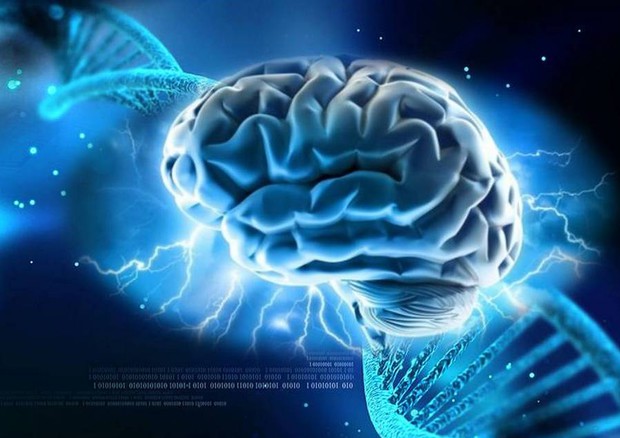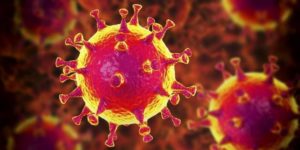THE GENE OF SUICIDE

“After her honeymoon she had told me she had never been so happy in her life”. This is what the desperate neo-bride of a twenty-seven year old man, who, near Brescia, committed suicide only a few days after the happy celebration of his marriage, had declared. The man hanged himself inside his own butcher’s concern.
What makes this recent case so emblematic for the theses asserted in “The Intelligent Virus” is the piece of news that also the man’s father, 14 years before, had committed suicide by throwing himself into a canal and, 63 years earlier, even his grandfather had done the same by throwing himself under a moving train.
Therefore the choice of causing his own death joins three generations of men from the same family, this way our hypothesis about suicide regulated by genetic factors according to the mechanism at genetic feddback or negative retroaction is strengthened.
The man’s wife asserted that her deceaded husband hadn’t shown any signs of depression before his suicide, but that, on the contrary, he seemed he was spending the most joyful days in his life. Also her father-in-law, 14 years earlier, is said he was very calm before committing suicide, so that he had promised his son he would have picked him up from school. We don’t know how grandfather had spent the last days of his life, but we think it’s difficult to deny the presence of a genetic and hereditary depression, passed down from grandfather to father,to son.
We have already dealt with the theory of the genetic origin of depression [1], according to which in those who are inclined to commit suicide may be checked a lack of the protein 5-idrossitriptamina, the productive gene of which is called, exactly, gene of suicide; besides, also the lack of seratonin, the production of which is linked to gene sert, may cause many negative psychopathologic conditions.

If we accept the theory of genetic predisposition to depression and consequently to suicide, we support the thesis of the mechanism at genetic feedback or negative retroaction: when population grows, above all in those circumstances where the other factors regulating population are made inactive by the level of civilization and the social-political situation, Nature increases the number of people who are genetically predisposed to depression and consequently to suicide, so that the number of persons may be reduced and therefore genetic homeostasis restored.
[1] In order to know more you can consult the post “Suicides (Le Mal de Vivre XVII Part)” of “The Intelligent Virus“
Translated from “Il Virus Intelligente” by Enrica Narducci
About the Author
Written by Ferdinando Gargiulo
Ferdinando Gargiulo offers you a new perspective on why new viral epidemics, assaults, infanticides, suicide epidemics and even environmental catastrophes. Always engaged in his research decides to create a blog to offer his readers content of high value.
Search
Recent Post
Follow on Facebook
Find us on Google Plus
Follow on Twitter
Stories Archive
- Blog (132)
- child labor (10)
- child Prostitution (6)
- Climate Change (20)
- depression (53)
- Depression and suicide (51)
- Environmental catastrophes (22)
- epidemics (44)
- Genetic hypothesis of suicide (47)
- HIV (24)
- Leonardo Da Vinci (8)
- overpopulation (108)
- pedophilia (7)
- Serial Killer (33)
- Suicide Genes (46)
- suicides (56)
- The child as a product (10)
- the intelligent virus (106)
- Uncategorized (59,869)
- Unexplained aggression (36)
- You Tube (6)









